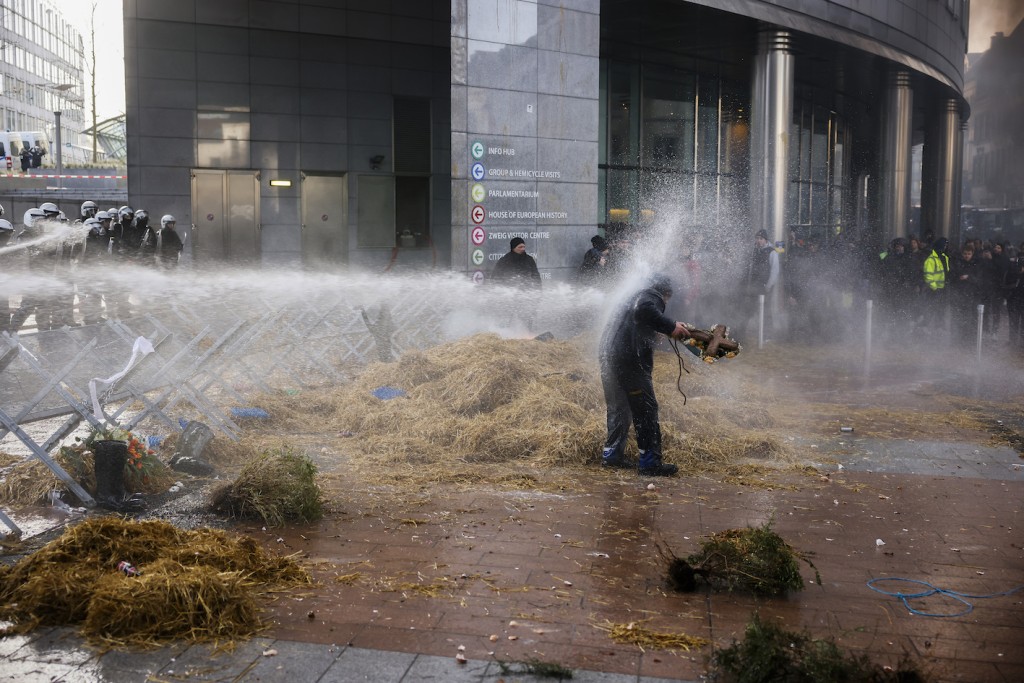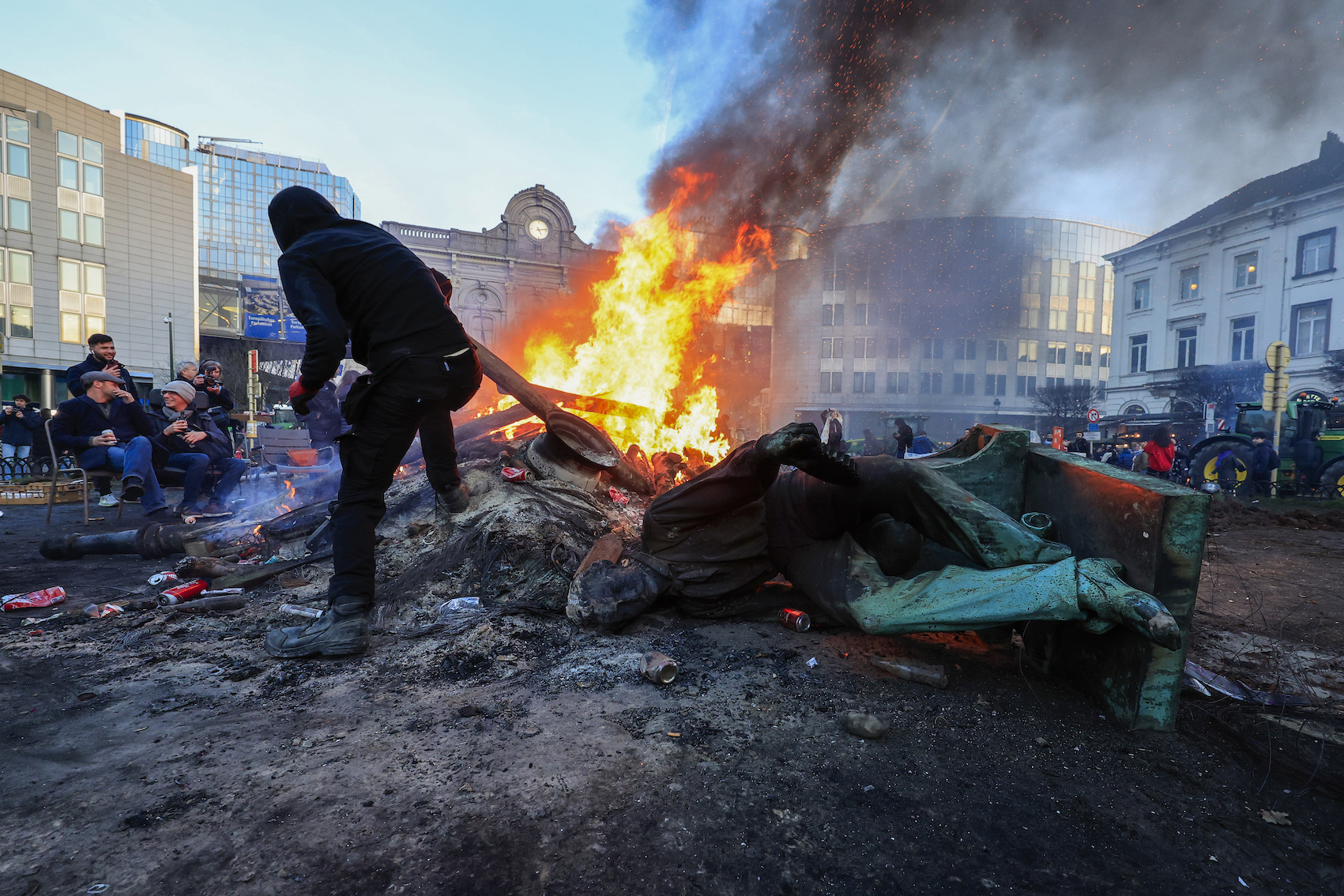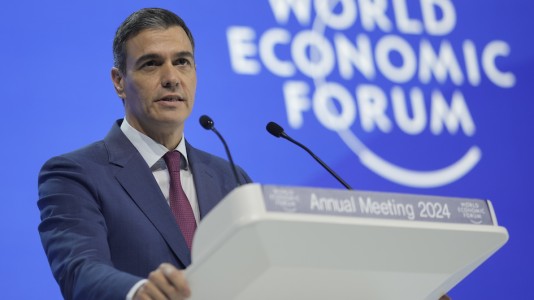What is happening in Western Europe with protesting farmers is “the sobering up of Europe, the return to normality,” said Hungarian Agriculture Minister István Nagy during an appearance on Kossuth Radio’s Sunday morning program. During his appearance, the minister also openly backed Hungarian farmers and their plan to protest at the Ukrainian border.
According to Nagy, Europe’s agriculture and food self-sufficiency are currently at risk, because “European agriculture has never been so steeped in green ideologies.”

Meanwhile, farmers are not receiving market protection for agricultural products from third countries, in particular Ukraine, and farmers are reacting to this reality, he argued.
The minister said that until a common European solution is found to restrict imports of Ukrainian grain, the Hungarian government will continue to maintain the border closure for Ukrainian grain as a unilateral decision taken under national competence. Nagy stressed that they cannot allow Ukrainian grain to continue to enter the European Union in unlimited quantities, because the interests of the Eastern European countries along the borders cannot be ignored, according to Hungarian news outlet Mandiner.
He called it unacceptable that “while the French and German lobbies are expected to remove poultry, eggs and sugar from the list of products that can be imported without restrictions and duty-free, the Eastern European countries are left to deal with the problem of cereals, which, of course, they cannot ignore.”
The Hungarian minister said that it has been possible to find partners in closing the borders for Ukrainian grain, as the V4 cooperation, supplemented with Romania and Bulgaria, has been successful so far. The minister also openly supported the plan of Hungarian farmers to march to the Ukrainian-Hungarian border in Záhony next Friday, and that they will not tolerate the fact that no European solution has yet to have been found and that “the European Union does not want to propose a common solution to the problems.”
Nagy noted that while Western European governments were imposing austerity measures at the expense of farmers, the Hungarian government was providing unprecedented support to farmers. He called the increase in the national co-financing rate to 80 percent a historic decision, which means that 2.9 trillion forints (€7.54 billion) will be available for farmers in the period up to 2027. Of this, only 600 billion forints is EU support and 2.3 trillion is national funding.





